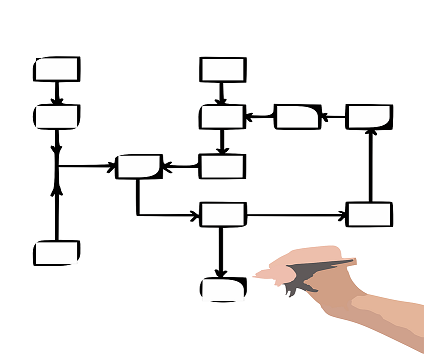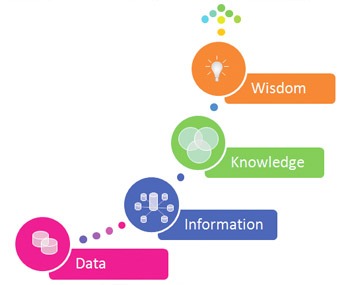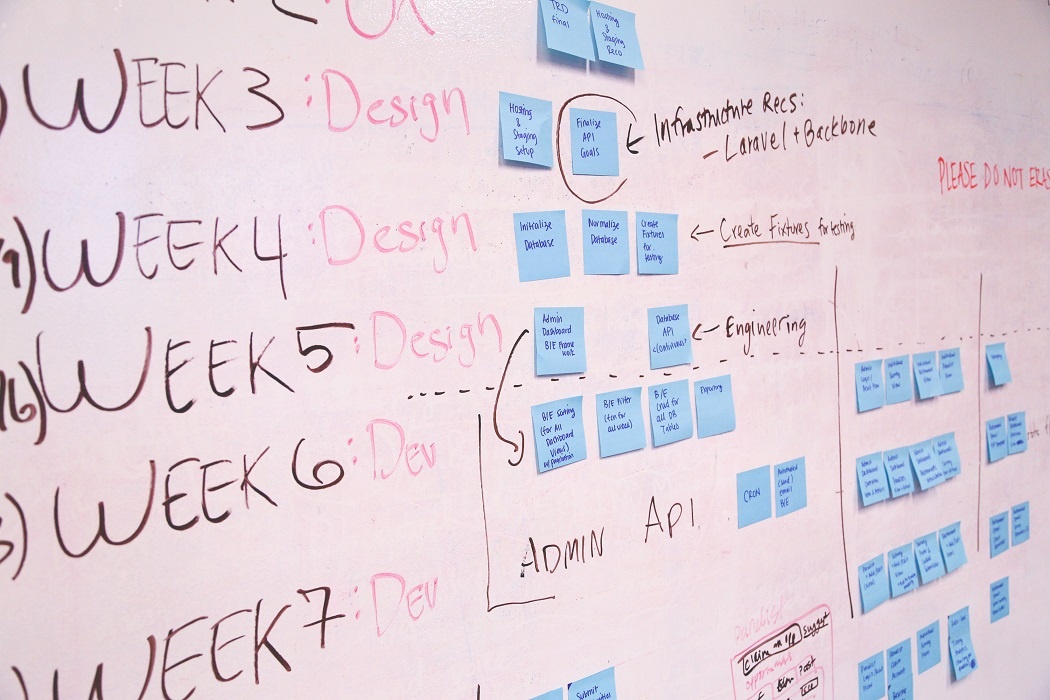How do your objective measures and process improvement plans fit together in your Quality Assessment and Process Improvement Program (QAPI)? Are they all individual efforts, kept in binders and not communicated to the various stakeholders? Or is your QAPI program a vibrant living entity in which all stakeholders are actively engaged? One of the key items that the Centers for Medicare and Medicaid Services looks for is a clear, cohesive and implemented plan that is reflected in your QAPI policy and it is a lack of this that is frequently cited as a deficiency during a CMS audit.
Read MoreDr. John Daller, MD, PhD, FACS
Recent Posts
Posted by Dr. John Daller, MD, PhD, FACS on Jul 19, 2016 8:00:00 AM
Posted by Dr. John Daller, MD, PhD, FACS on Jul 12, 2016 8:00:00 AM
Once you have established and tracked your objective measures and have determined that an improvement project is in order, you need to make a decision as to which of the available methods and tools that you will use to perform your project. While the tendency will be to rush to begin the project, keep calm and chose the right tool for the right job.
All of the available methods and tools are a means to the same end, namely improvement. However, depending upon the method and tool chosen, different results will be achieved in different timeframes. One consideration in your choice is whether you are trying to achieve improvement in an area of clinical variation or process variation. The over-riding goal is to use the best knowledge available today to improve performance through the elimination of special cause(s) and common cause(s) of variation in processes and then ensure that performance is sustained over time.
Read MorePosted by Dr. John Daller, MD, PhD, FACS on Jul 5, 2016 10:00:00 AM
Our previous blogs on Quality Assessment and Process Improvement (QAPI) in this series have focused on designing objective measures and using those to monitor key aspects of our transplant programs. Today, we want to discuss what to do with those measures and how to translate them into successful process improvement projects.
Before we begin, I wanted to put to rest one common misconception; namely that the Center for Medicare and Medicaid Services (CMS) requires programs to have an improvement project for every objective measure. CMS does not require each objective measure to have a process improvement project associated with it. You should have a project for each phase of transplant and your living donor program that reflects both a process and outcome measure. However, it is appropriate for you to track your improvement projects with objective measures.
Read MorePosted by Dr. John Daller, MD, PhD, FACS on Jun 28, 2016 1:30:00 PM
In our last blog, we discussed the development of objective measures in your Quality Assessment and Process Improvement (QAPI) program and using a SMART approach as described by Doran in Management Review in 1981. Today, we are going to focus on some additional considerations and discuss how to manage these measures so as to yield demonstrable and actionable improvement through the use of process improvement projects.
Read MorePosted by Dr. John Daller, MD, PhD, FACS on Jun 21, 2016 9:30:00 AM
What Are Objective Measures and How Do I Start to Pick Them
In our first blog of this series, we discussed the model framework for developing a Quality Assessment Process Improvement program. Today, we will discuss how to develop objective measures that are used in three of the aspects of the program, namely Feedback, Data Systems and Monitoring; Systematic Analysis and Systemic Action; and Performance Improvements. The directive to employ objective measures is provided in the Centers for Medicare and Medicaid Services (CMS) Conditions of Participation (§482.96(a) Standard: Components of a QAPI Program) that states: “The transplant center’s QAPI program must use objective measures to evaluate the center’s performance with regard to transplantation activities and outcomes”. These objective measures must be in each phase of transplantation (pre-transplant, transplant and post-transplant) as well as donation (pre-donation, donation and post-donation).
Read MorePosted by Dr. John Daller, MD, PhD, FACS on Jun 14, 2016 3:41:40 PM
In our previous blogs, we have reviewed some aspects of transplant operations, how to stay compliant and how to address concerns raised by regulatory agencies such as the United Network for Organ Sharing (UNOS) and the Centers for Medicare and Medicaid Services (CMS) when issues arise. Our next series of blogs will focus on how transplant programs can proactively track their progress and address potential problems before they become major issues. During this series, we will review the structure, operations and tools of an effective Quality Assessment and Process Improvement Program (QAPI). First, let’s review the 5 aspects that create the conceptual framework for a QAPI program under the Medicare requirements.
Read MoreHow to Navigate a Transplant System Improvement Agreement Process Blog #6: Required CMS Deliverables
Posted by Dr. John Daller, MD, PhD, FACS on Mar 28, 2016 8:51:09 AM
Today, we will continue our discussion about the System Improvement Agreement (SIA) and the various deliverables that will be required by the Centers for Medicare and Medicaid Services (CMS) to emerge successfully.
Read MorePosted by Dr. John Daller, MD, PhD, FACS on Mar 8, 2016 8:32:08 AM
In our last blog, we spoke about the initial steps that you must take after you have entered the System Improvement Agreement (SIA) with the Centers for Medicare and Medicaid Services (CMS). Today, we will discuss the Independent Peer Review Team (IPRT) and the action plan that will be developed and implemented following their visit.
Read MorePosted by Dr. John Daller, MD, PhD, FACS on Mar 1, 2016 5:00:00 AM
Previously we have discussed in general what happens when your center comes under regulatory scrutiny and what you can expect. Today, we will begin to look in greater detail at what a System Improvement Agreement (SIA) entails, the items that the hospital commits to fulfill and some strategies for addressing them.
Read MorePosted by Dr. John Daller, MD, PhD, FACS on Feb 17, 2016 6:00:00 PM
The System Improvement Agreement (SIA)
In our previous post, we discussed what happens when your program receives a letter from either the United Network for Organ Sharing (UNOS) or the Center for Medicare and Medicaid Services (CMS) and your program's initial response. Today we will focus on what happens if CMS does not accept your mitigating factors application.
Read More








